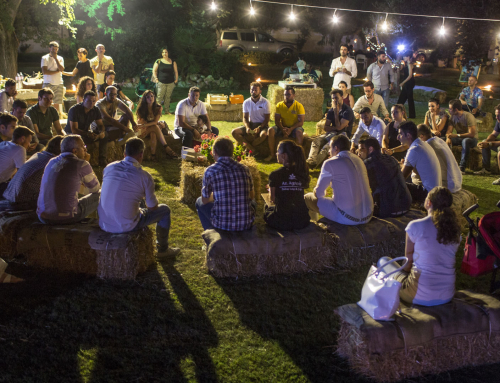More and more companies are using so-called “design ethnographers” to help them develop products in real-life situations (rather than in design studios). This has sparked debate about the ethics of using other peoples’ daily lives as raw material for product development. But is design ethnography new? At Doors 8 in New Delhi, Alok Nandi reminded us that debates about the ethics of documentary film-making have been going on for 40 years. And in his book Philosophizing the Everyday John Roberts writes that so-called ‘worker correspondents’ were important during the 1920s in revolutionary Russia and Weimar Germany. Worker-correspondents collated materials on issues affecting their workplace and other aspects of everyday life. Their work was celebrated by Leon Trotsky in a celebrated 1924 text called “The Worker Correspondent and its Cultural Role”. And courses on how to be a worker-correspondent are run by Marxist organisations to this day.



